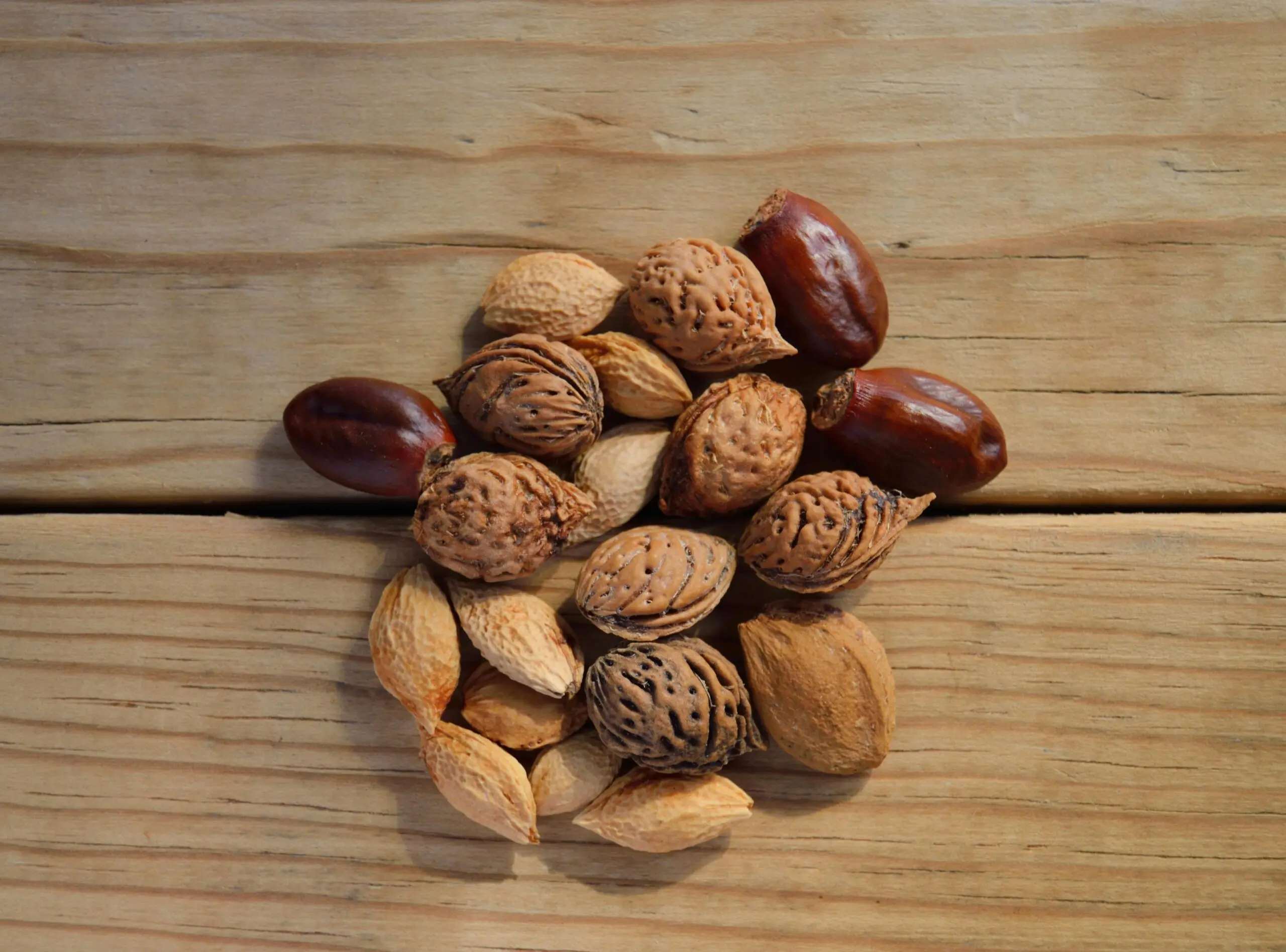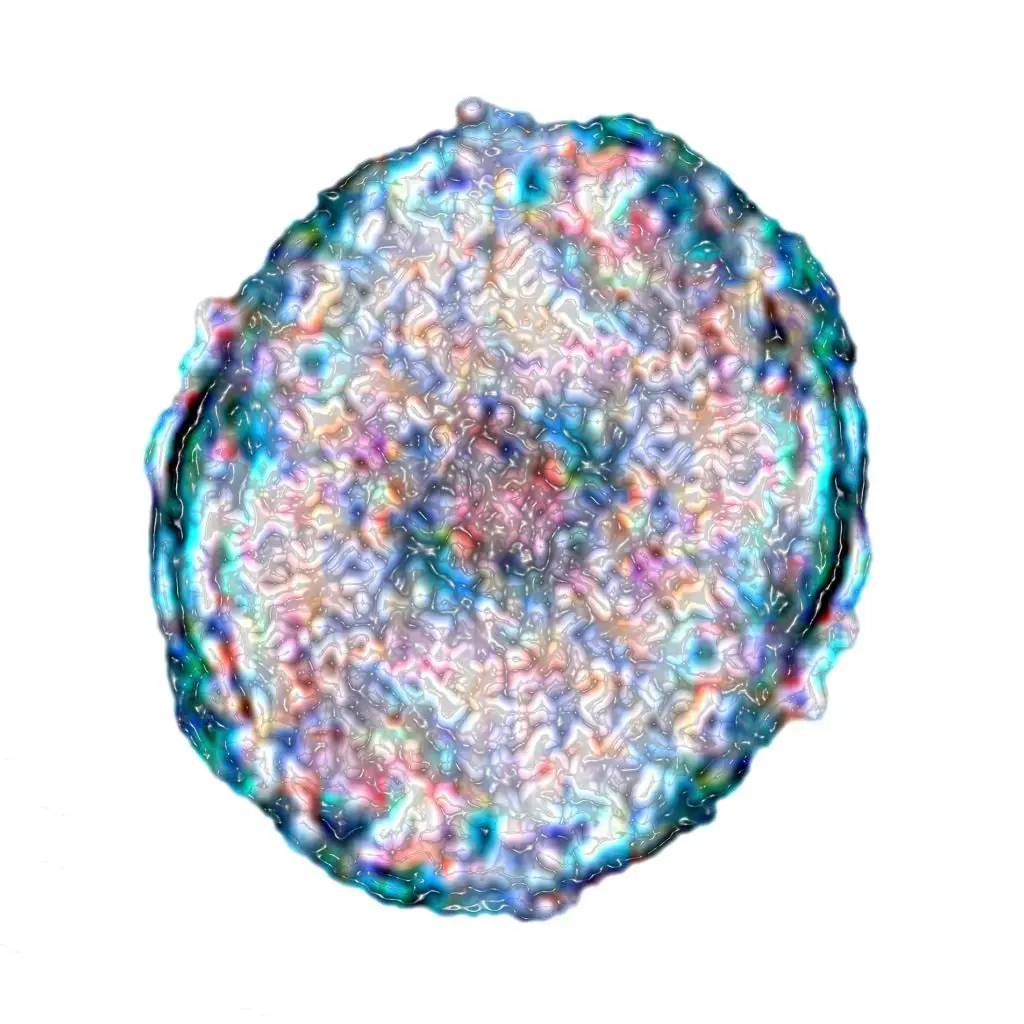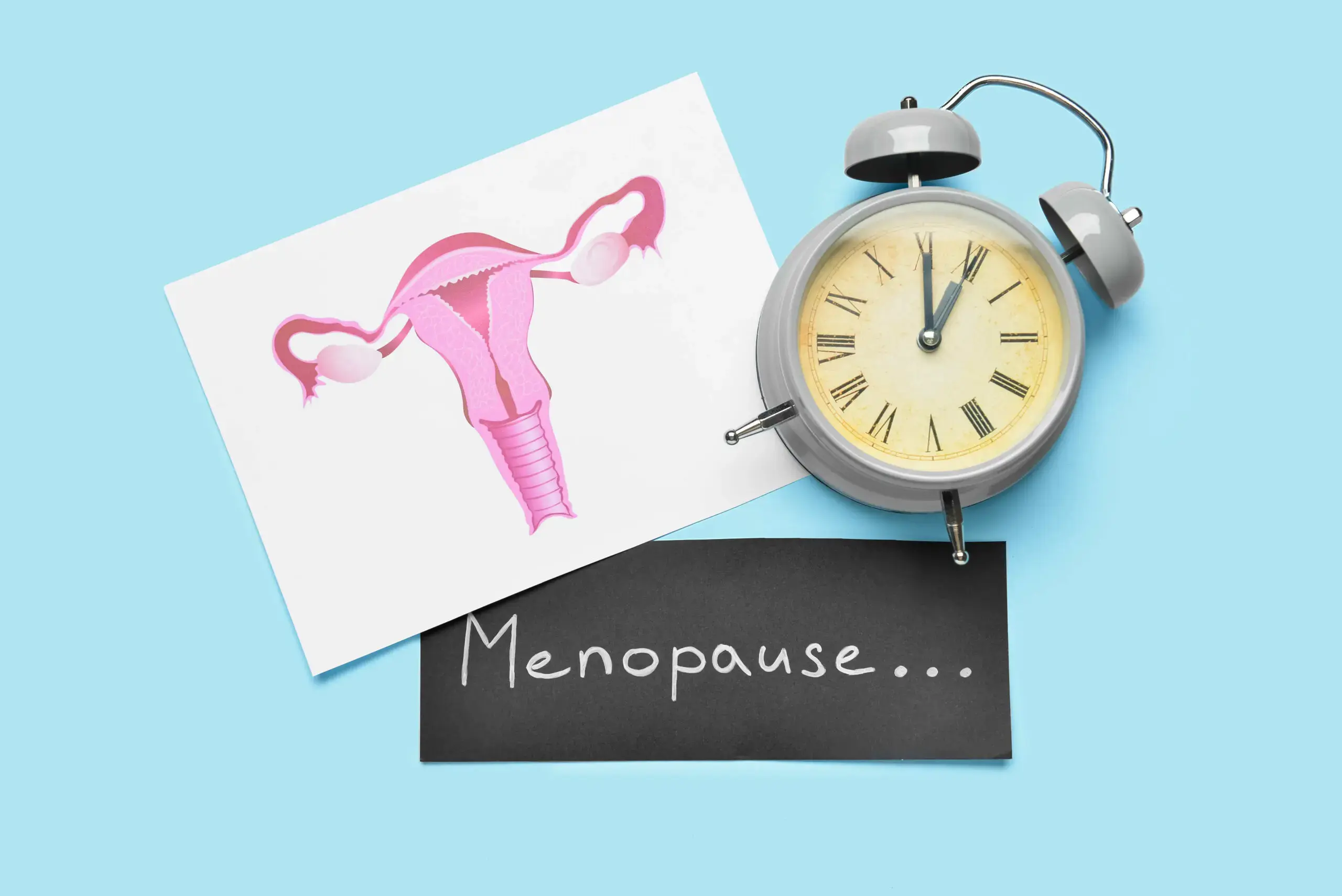Some couples consciously decide at some point in their relationship: now is the time we would like to start a family. Once the desire for children is decided, fertility and health during pregnancy can be supported by various nutrients.
We spoke with Yasmin Poloczek , a micronutrient analyst and holistic nutritionist from Berlin, about proper nutrient supply and diet in the various phases from the desire to have children through pregnancy to the period after birth.
Needs during the different phases
While a balanced intake of macronutrients, i.e. proteins, carbohydrates and fats, as well as micronutrients such as vitamins and minerals, are fundamentally crucial for health and every process in our body, these nutrients play an even more important role during certain life phases.
“Through proper nutrition, women can significantly influence their fertility by balancing their hormonal levels,” explains Yasmin Poloczek.
Before pregnancy, the focus is on optimally preparing the body for a healthy conception, starting with gut health , so that nutrients can be effectively absorbed. During pregnancy, it is crucial to meet the increased need for certain vitamins and minerals to support the baby's growth and development while also promoting the mother's health.
After childbirth, the focus of nutrition is on supporting recovery and, if breastfeeding, stimulating milk production.
Before pregnancy
Tips for women
A balanced diet rich in vegetables , fruits, herbs, legumes, whole grains, nuts and seeds, as well as plant oils and probiotics from fermented foods like kimchi or sauerkraut, forms the foundation for health, energy, and vitality at every stage of life. Additionally, the nutritionist recommends the following supplements for women planning to conceive:
- Multivitamins“Studies show that taking a high-quality multivitamin from the time of conception and at least six months before giving birth is crucial for a successful pregnancy,” says Poloczek, who specializes in women’s hormonal balance in her nutrition counseling. The supplement should include B vitamins, vitamin A, zinc, and iron.
















